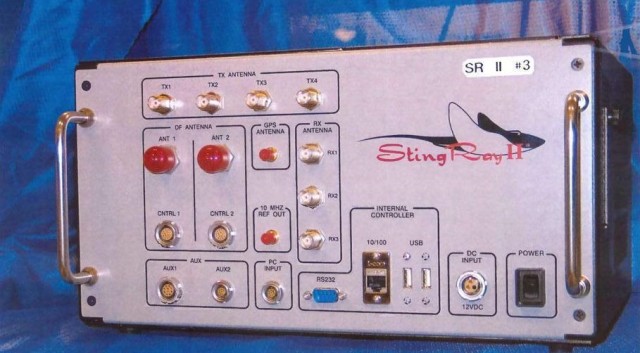Baltimore is under the local microscope for its use of the “stingray” but now the cellphone-tracking tech is catching the attention of the state.
Maryland Attorney General Brian Frosh filed a brief this week arguing that the Baltimore Police Department’s use of the stingray was allowed. Frosh’s brief addresses the case of Kerron Andrews, who is arguing that attempted murder charges should be dropped because police used the device to track him down.
As first reported by Vice’s Motherboard, Frosh’s argument amounts to this: You’re asking to be tracked just by having a cellphone.
https://twitter.com/bradheath/status/694934927486251009
“While cell phones are ubiquitous, they all come with ‘off’ switches,” the state wrote in the brief. “Because Andrews chose to keep his cell phone on, he was voluntarily sharing the location of his cell phone with third parties.”
Read the full brief
Turning the phone off may not even guarantee going track-free, however. Past reports have indicated stingrays can find a phone even when it’s powered down.
USA Today previously found that Baltimore police used the technology routinely before it came to light in court in 2014. But at this point, it doesn’t look like police will be getting rid of the stingray anytime soon. Baltimore’s spending board voted to upgrade the police department’s current device last week.
Maryland Attorney General: Turn off your phone if you don’t want it tracked







